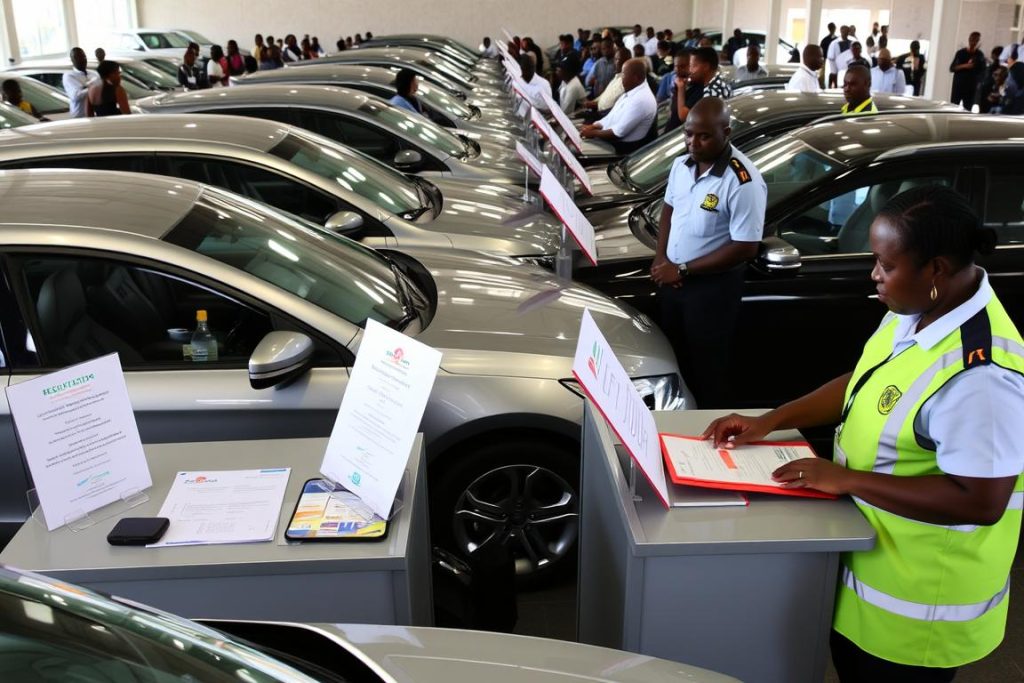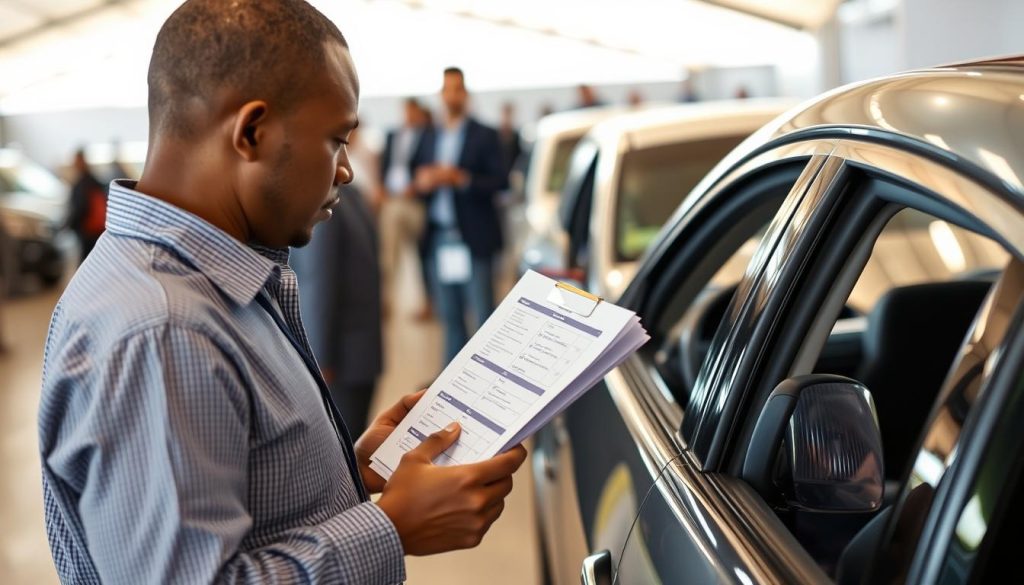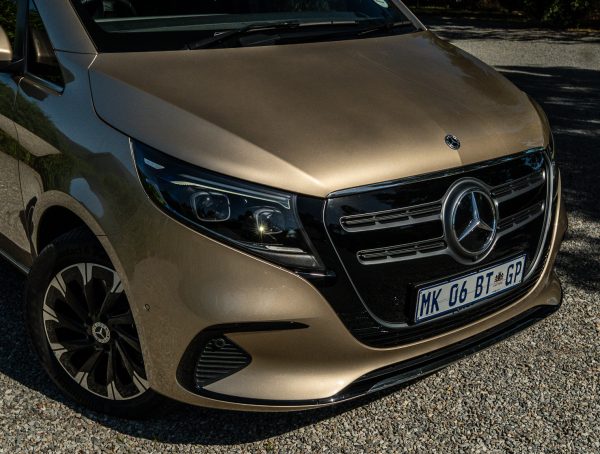South African car buyers are losing thousands to sophisticated fake auction scams on social media. Learn the red flags, verification steps, and protection strategies to avoid becoming the next victim.
If you’ve stumbled across what looks like an incredible car deal from a “WesBank auction” on TikTok or any other social media platform, stop right there. What you’re seeing isn’t opportunity, it could be sophisticated fraud targeting South African car buyers.

WesBank issued a warning about a resurgence in online auction scams that have evolved far beyond clumsy email cons. Today’s scammers specifically target car buyers trying to beat high market prices.
The Sophisticated Playbook
Fraudsters create elaborate fake profiles that mirror official branding with precision; correct logos, professional photography, proper terminology, even authentic-looking documentation. They’ve replicated real auction processes convincingly enough to fool even careful buyers.
The hook: exceptional vehicles at unbelievable prices. A BMW worth R400,000 listed for R150,000. A nearly new Toyota priced for scrap.
Scammers understand that today’s car market is frustrating: high prices, scarce inventory and desperate buyers. When someone offers exactly what you need at the price at a price that looks like an unbelievable bargain, the temptation to act quickly becomes overwhelming.
This is followed by pressure tactics that are subtle but effective: the auction “ends today,” there are “other interested buyers,” they’re “holding the car for just one hour.” This manufactured urgency bypasses skepticism and triggers emotional decisions.
How Real Auctions Actually Work
Most people have never participated in legitimate bank auctions, creating perfect conditions for fraud.

Lebo Gaoaketse, WesBank’s Head of Marketing says: “Always ensure that you are dealing with a registered auction house, and in the case of a bank auction, an official bank representative. Do not be enticed into accepting unofficial offers.”
When it comes to genuine bank auctions, here’s what you can expect:
- Bank auctions require mandatory registration with ID, paperwork, and refundable deposits for bidding eligibility
- Bank auctions would never ask for money to hold specific vehicles before auctions
- Bank auctions use competitive bidding on sale day—that’s the entire point
- Bank auctions will provide you with extensive documentation: terms, conditions, payment procedures, refund policies
If someone asks you to pay money to guarantee buying a specific vehicle before the auction, you’re not dealing with a real auction house.
Critical Warning Signs
Payment requests outside official channels are the biggest tell sign. Real auction houses use established merchant accounts and official gateways. Personal bank accounts or cryptocurrency requests are a clear indication you’re dealing with a scammer.
Information evasiveness. Ask for additional photos, inspection reports, or detailed specifications. Legitimate sellers will provide you with everything requested while scammers become evasive, claim to be “too busy,” or send generic stock photos rather than photos of the actual vehicle.
Inconsistent vehicle details. The same car shouldn’t be listed as both diesel and petrol, or manual and automatic. Scammers copy-paste generic descriptions across platforms and tend to mix up details.
The Trust Trap
These scams exploit our natural inclination to trust and South Africans’ helpful nature. They understand buyers don’t want to appear difficult or suspicious.
Many victims later admit having concerns but not wanting to seem “rude” by asking too many questions. This social pressure becomes part of the scam’s effectiveness.
Lebo Gaoaketse further adds: “Trust your instincts and proceed with caution. It’s better to err on the side of caution than to fall victim to a fraud scheme.” Your gut feeling isn’t paranoia; it’s your brain processing subtle inconsistencies.

Your Protection Strategy
If you suspect that you may have come across a scam, or things aren’t just adding up, independent verification is your strongest defense. Don’t trust screenshots, forwarded documents, or provided links. Go directly to www.wesbank.co.za/auctions/ and search for the specific listing. If it’s not on the official website, that means it doesn’t exist.
This step alone eliminates most auction scams but requires overcoming manufactured urgency. Scammers know that verification time destroys their scheme.
Document everything by taking screenshots of all conversations, saving every photo the seller provides, and recording their phone numbers and account details. This evidence is crucial for helping authorities investigate fraud and prevent others from becoming victims.
You might also like
More from Cars
Mercedes-Benz EQV 300: 5 Top Features That Define It
Discover the 5 standout features of the Mercedes-Benz EQV 300 luxury electric people mover, including its 90kWh battery, 110kW DC …
Qatar Airways’ AI Cabin Crew ‘Sama’ helps secure Top Award
Qatar Airways secures the ‘Best Airline App 2025’ award at the World Aviation Festival, largely due to its world-first AI …
Mercedes-Benz EQV 300 Review: South Africa Road Trip Test
When Mercedes-Benz globally announced the launch of the EQV 300, their first all-electric luxury people mover a few years ago …








